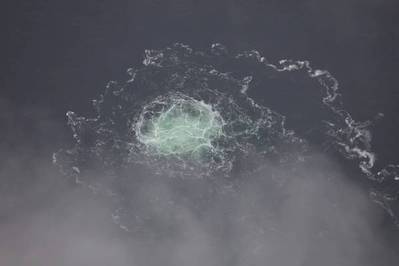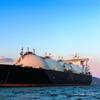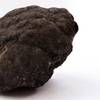EU Plans Annual Naval Exercise to Protect Subsea Pipelines, Cables, and Offshore Wind Farms
The European Union wants to hold joint naval exercises as part of plans to step up its efforts to protect critical infrastructure at sea, the EU environment policy chief said.
Concerns about security threats to Europe's maritime infrastructure were heightened by attacks in September on the Nord Stream pipelines, which left them spewing natural gas into the Baltic Sea.
The EU is set to publish an updated maritime security strategy on Friday, outlining plans to hold an annual EU naval exercise and coordinate countries' national efforts to protect gas pipelines, undersea data cables, offshore wind farms and other critical maritime infrastructure.
EU environment commissioner Virginijus Sinkevicius told Reuters the plan was underway before the Nord Stream blasts, but had been strengthened in response to them.
"After that member states were very clear that we need to further strengthen cooperation, build capacity, ensure that our critical infrastructure is better protected," he said.
The EU plan sets out to increase cooperation between the EU and NATO, expand coastal patrols and improve data sharing between countries to identify threats early - such as by using EU satellite programs to detect unidentified vessels.
"The threat level is increasing," Sinkevicius said.
Energy infrastructure is a particular concern as Europe expands its use of liquefied natural gas terminals to replace Russian pipeline gas, and is rapidly building offshore wind farms.
A Russian ship was detected at an offshore wind farm in the North Sea last month, which the Netherlands said was part of attempts by Moscow to gain intelligence to sabotage infrastructure.
Improved surveillance of maritime areas should also help countries monitor and respond to environmental degradation and climate change impacts like sea level rise.
Authorities in Sweden, Germany and Denmark are investigating the blasts on the Nord Stream pipelines, which were constructed to supply Russian gas to Europe. They have said the explosions were deliberate but have not said who might be responsible.
(Reporting by Kate Abnett; Editing by Angus MacSwan)















